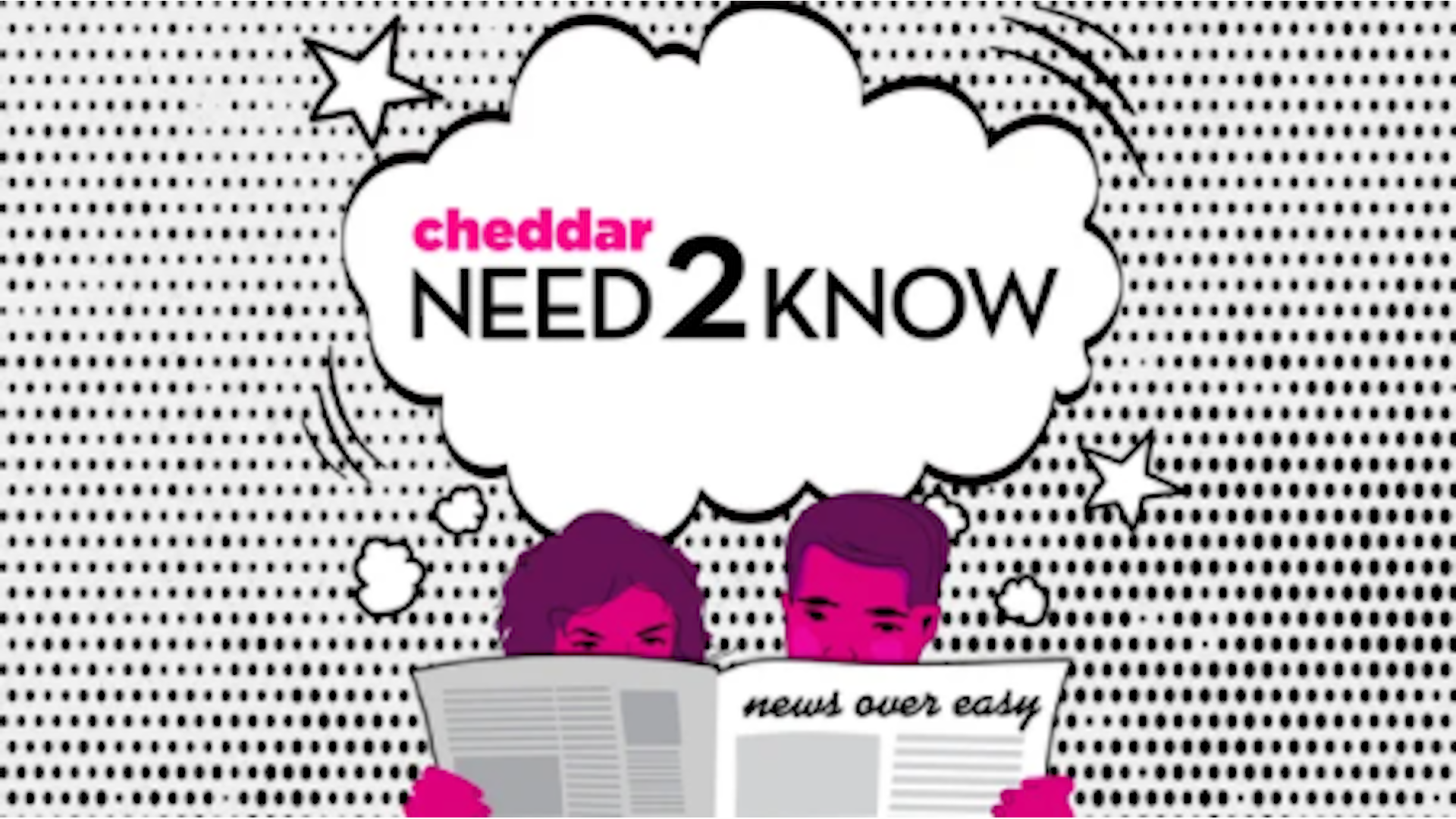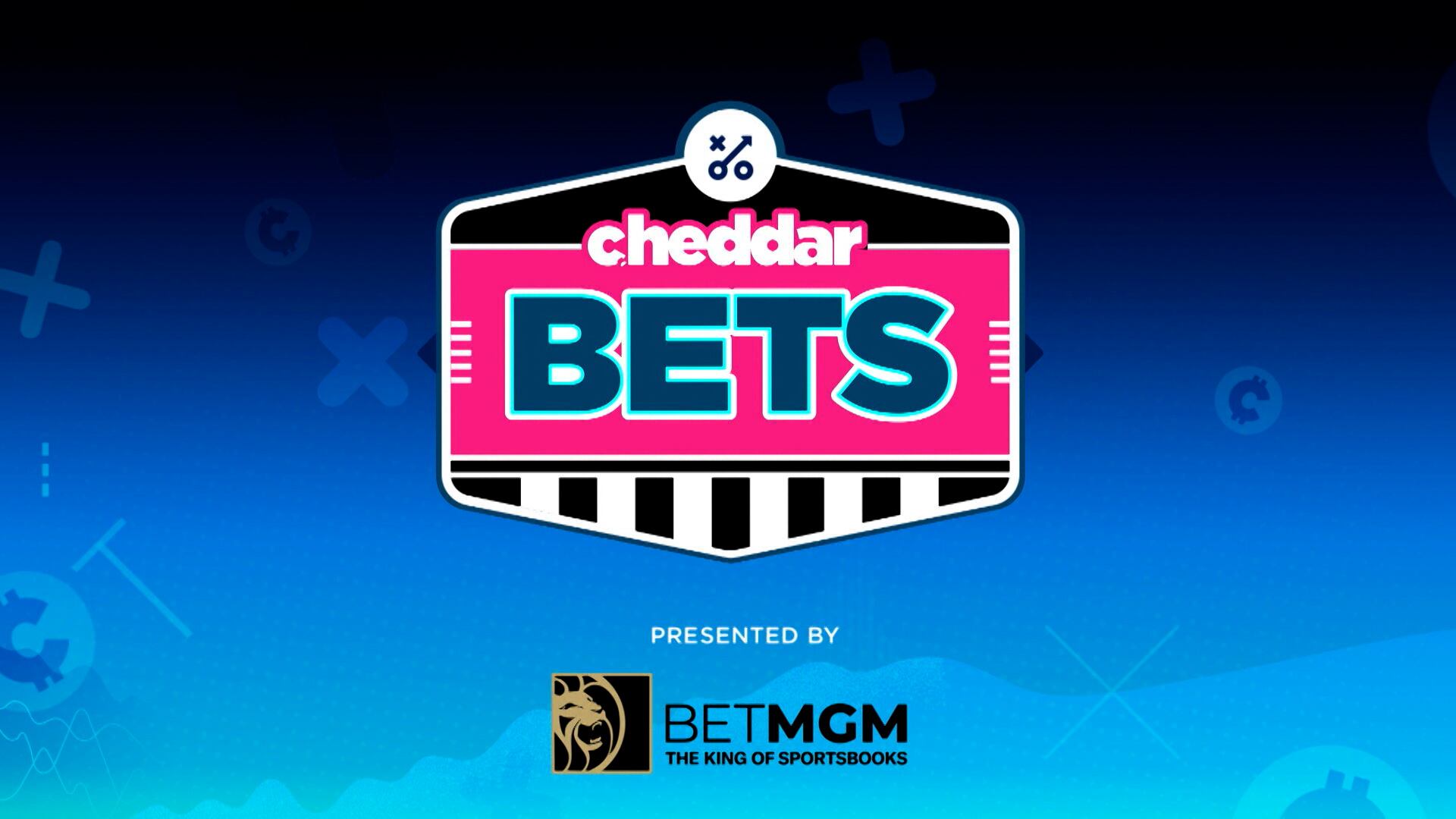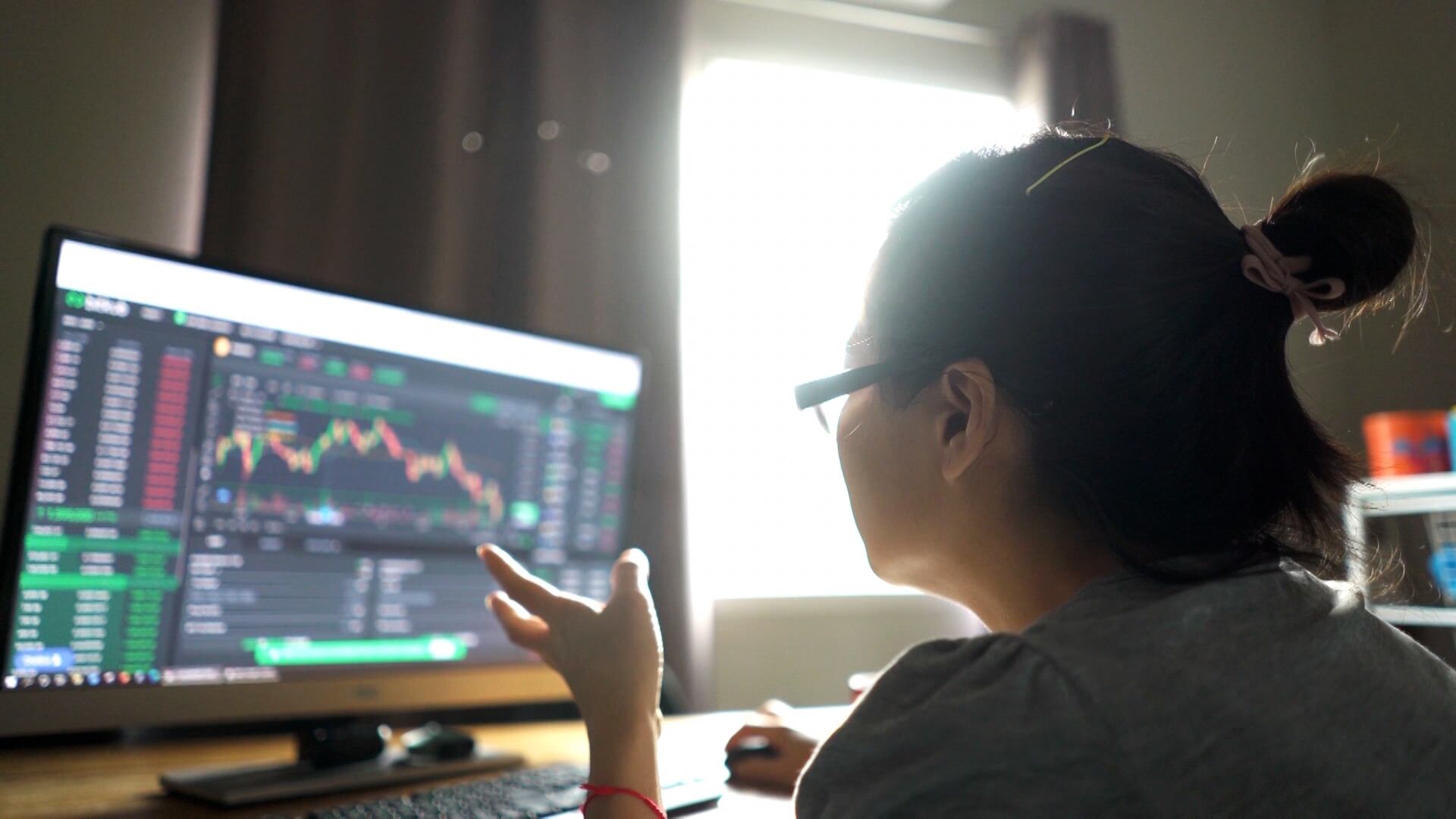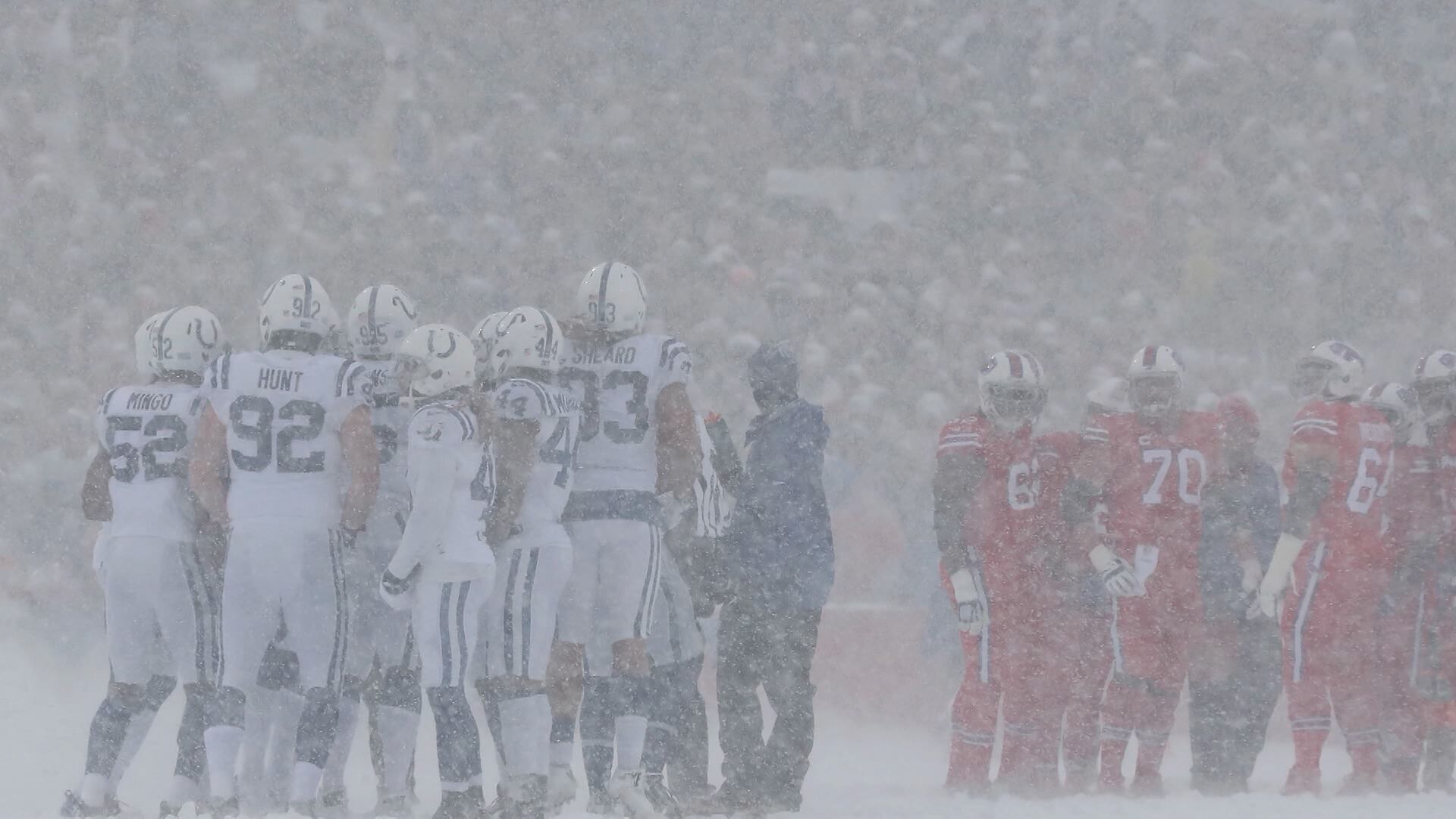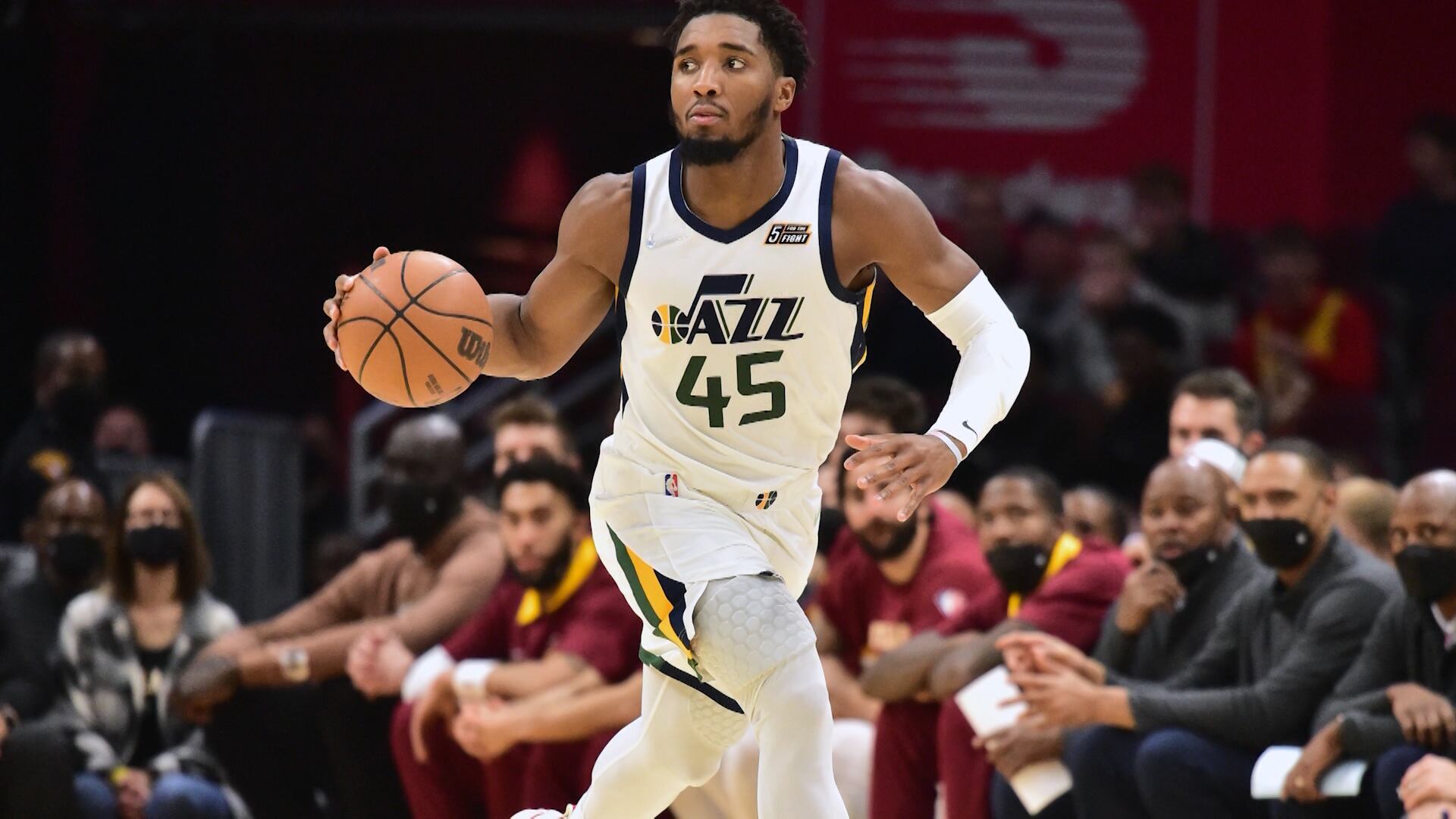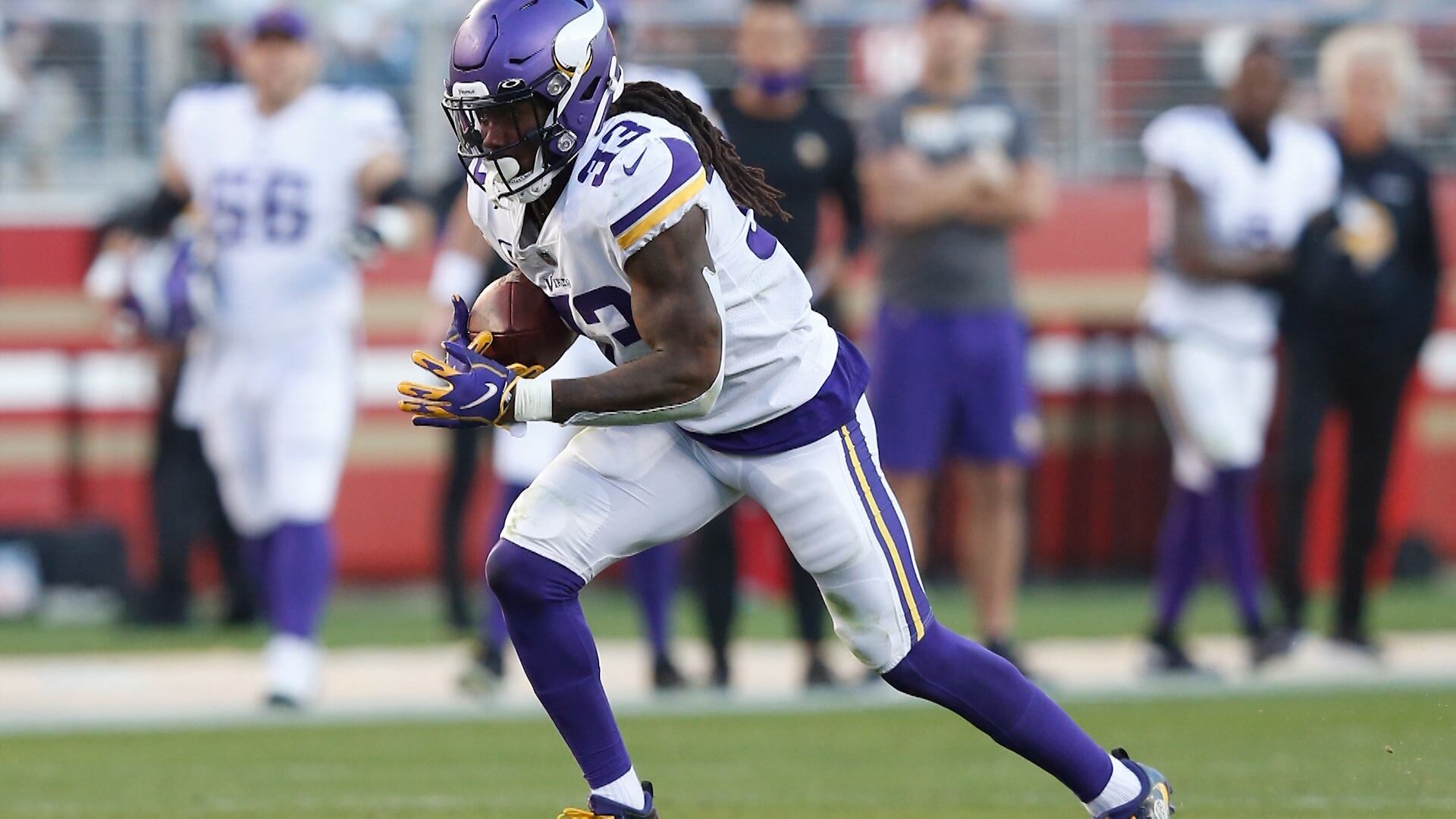*By Zane Bhansali and Chris Jalandoni* TSM’s Fortnite pro Ali "Myth" Kabbani ignited a conversation last month about esports player unions when he suggested he might start one for the Fortnite community. But esports unions were on the mind of Stephen "Snoopeh" Ellis long before Kabbani pushed them into gamers' consciousness. A League of Legends World Championship semi-finalist, Snoopeh first proposed the concept of esports player unions in 2014 after retiring from competitive play. In a Reddit discussion that year, Snoopeh commented that he was “currently deliberating the formation of a player union to help standardize contracts and create transparency between players and teams.” But Snoopeh later amended his comment, rephrasing union as “player association.” A year later, he shifted his position again, saying that while he thought unions “may be necessary down the road, we are not at that point yet” due to cost and legal complexity. Today, Snoopeh stands by that judgment. On the topic of Myth’s hypothetical union, Snoopeh said one of the main obstacles to creating a Fortnite union is the relatively small scale of the game's professional player base ー especially measured against its massive casual player base. “If you’re Epic Games, why do you necessarily want to cater to a small fraction of your player base when you’ve got this $3 billion a year revenue to cater to?” Snoopeh asked during an interview with Cheddar Sports. In his view, the players themselves are the biggest barriers to unionization. “One of the things that would be super important in a union is getting the players to fund the member dues,” he said. “None of the players necessarily want to part with any cash.” That attitude is emblematic of the gaps in the still-growing esports industry. “As recently as this year, we’ve got players that are still not getting to look at contracts,” Snoopeh said. “There’s a huge lack of education and awareness amongst players in the importance of taking their career seriously.” To that end, Snoopeh started the “Player Resource Center” in partnership with attorney Bryce Blum in 2016 to educate players on legal issues and health insurance. For him, a union isn’t possible until that basic foundation is laid ー and players realize its importance. “I think ultimately the responsibility is on the players,” he said. “Esports is still \[new\], even though it’s been around 20, 30 years ー it’s still a really young ecosystem. If you look at other successful unions in different sports, the players running those were playing for decades. We don’t have that history or that longevity yet in esports.”




